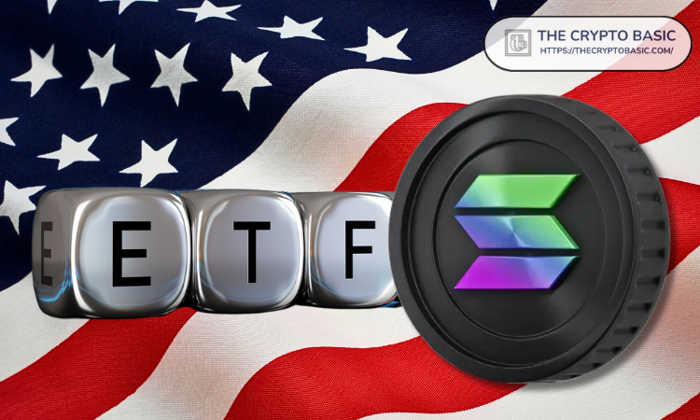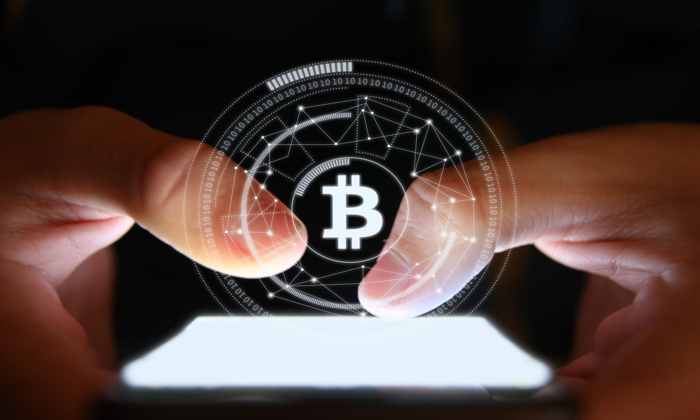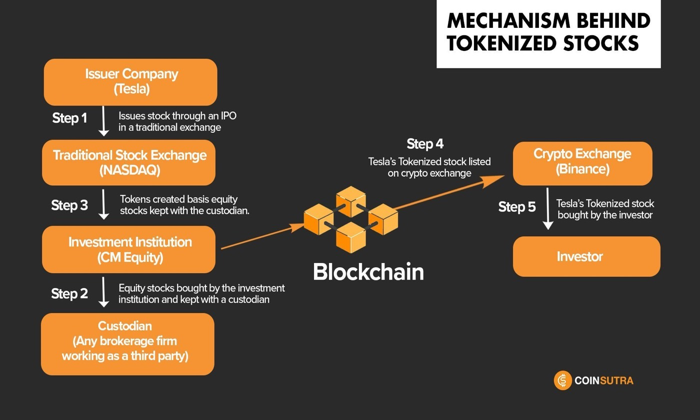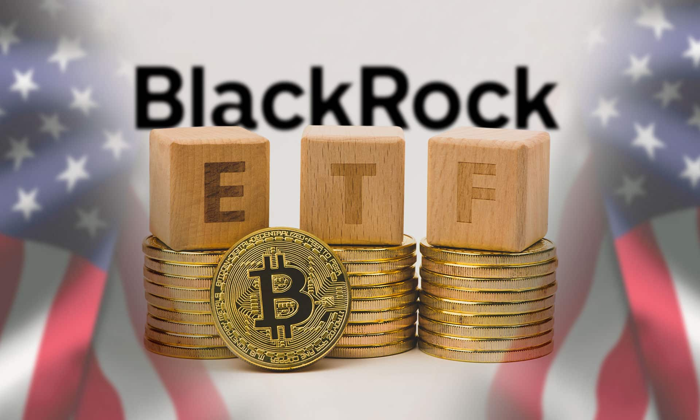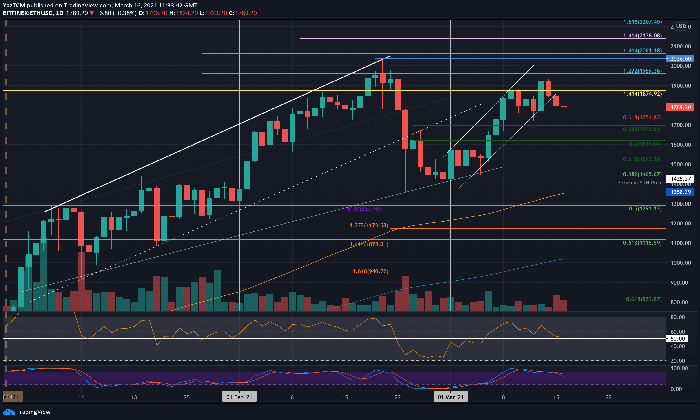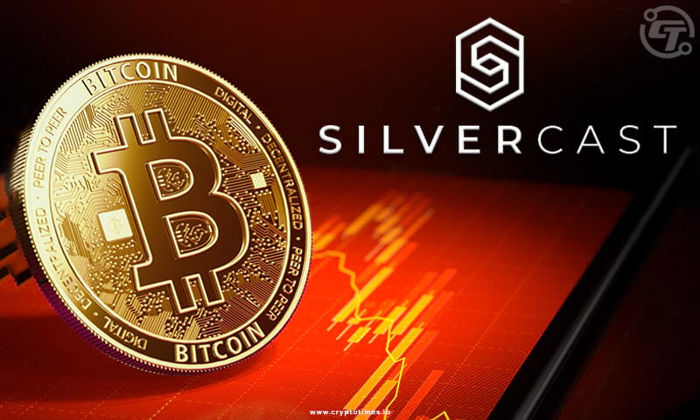In a significant moment for international relations and cryptocurrency, discussions between Trump and Bukele Bitcoin were notably overshadowed by pressing issues of trade and immigration at their recent meeting. During the April 14 summit at the White House, U.S. President Donald Trump and El Salvador’s President Nayib Bukele focused on bilateral security cooperation while Bitcoin—the digital currency Bukele adopted as legal tender—was kept off the public agenda. The implications of this meeting are far-reaching, especially considering Trump’s evolving stance on crypto strategy 2024, which aligns with promoting digital assets domestically. With El Salvador’s innovative Bitcoin laws paving the way for cryptocurrencies in its economy, the conversation could have significantly impacted U.S. immigration policy and trade relations. As both leaders navigate these complex issues, the absence of Bitcoin from their dialogue raises questions about the future of digital currencies on the global stage.
The recent meeting between U.S. President Trump and El Salvador’s leader, President Bukele, illustrates the intricate balance of trade negotiations and immigration policies, even as Bitcoin’s potential remains largely unaddressed. Known for its groundbreaking adoption of Bitcoin as a legal currency, El Salvador’s legislative framework surrounding digital assets stands in stark contrast to the current U.S. approach. Meanwhile, Trump, eyeing a return to the presidency in 2024, is carving out a niche as a pro-crypto figure, hinting at a future where digital currencies could play a pivotal role in economic strategy. The combination of these factors sets a stage ripe for speculation about how Bitcoin can be integrated into discussions regarding U.S.-El Salvador relations. As the complexities of international finance and policy intertwine, understanding the nuances of these discussions becomes crucial for stakeholders in the crypto space.
Trump and Bukele’s Meeting: Trade Over Bitcoin
During the recent meeting between President Trump and President Bukele, the agenda was primarily dominated by discussions about trade and immigration, sidelining the topic of Bitcoin entirely. This was Bukele’s first official visit to the White House since taking office, a significant moment for El Salvador’s relations with the United States. Although Bitcoin has been a pivotal aspect of Bukele’s administration, the meeting illustrated a shift in priorities, where immediate concerns such as migration and economic collaboration took precedence over cryptocurrency discussions.
The backdrop of their conversation highlighted Trump’s ongoing concerns with U.S. immigration policies and the implications of the trade war, particularly around automotive suppliers. As the two leaders navigated these pressing issues, it became clear that Trump’s focus remained on traditional sectors of the economy rather than the rapidly evolving digital currency space. This shift reinforces the challenges that Bitcoin faces as a legal tender in El Salvador amidst global economic strains and varying perceptions of cryptocurrency’s viability.
Bitcoin as Legal Tender: El Salvador’s Bold Move
In 2021, El Salvador made headlines by adopting Bitcoin as legal tender, becoming the first country to do so. This decision was part of Bukele’s broader strategy to enhance financial inclusion and attract foreign investment. However, the subsequent meeting with Trump did not touch upon this groundbreaking development, which has positioned Bukele uniquely on the global stage. The absence of Bitcoin from the discussions indicates a possible tension between domestic policy goals and international diplomatic relations, particularly with the U.S.
Despite the growing pains of integrating Bitcoin into its economy, El Salvador remains committed to its crypto strategy, evidenced by the government’s continued purchases of Bitcoin. The regulatory landscape, shaped by both local laws and adherence to international agreements like the IMF’s stipulations, reflects a complex balancing act. As El Salvador navigates its future with Bitcoin amidst pressures from the U.S. and the IMF, the success of this initiative will depend on both domestic support and international cooperation.
US Immigration Policy and Its Impact on El Salvador
The discussions between Trump and Bukele reflected the ongoing U.S. immigration policy challenges that directly affect El Salvador. With a significant portion of the Salvadoran population living abroad, mainly in the U.S., policies impacting immigration can have profound effects on El Salvador’s economy and social structure. Trump’s suggestion to transfer U.S. inmates back to El Salvador underscored the urgent need for both leaders to address issues surrounding crime and public safety, which are pivotal in shaping immigration dialogues.
El Salvador has long faced challenges relating to crime and corruption, leading many to flee in search of better opportunities abroad. The bilateral approach toward tackling these issues indicates a recognition that economic stability, including Bukele’s adoption of Bitcoin, could mitigate some immigration pressures. However, a heavy focus on immigration reform without significant economic incentives may hinder broader structural improvements that could enable Salvadorans to thrive in their home country.
The Future of Bitcoin Laws in El Salvador
In December, as part of a $1.4 billion loan from the IMF, El Salvador agreed to amend its Bitcoin laws, which sparked concerns about the future of cryptocurrency in the nation. With commitments to limit public sector involvement in digital assets, the amendments reflect a tug-of-war between innovative financial reforms and the demands of international financial institutions. The adoption of Bitcoin as legal tender was a groundbreaking step for the nation, but compliance with international norms could jeopardize the momentum of these initiatives.
Despite the legislative changes, the El Salvadoran government has not halted its purchases of Bitcoin, highlighting a possible divergence between Bukele’s ambitions and the restrictions imposed by international agreements. Observers predict that the continuous evolution of El Salvador’s Bitcoin policy will be crucial in determining the nation’s financial future, potentially influencing upcoming elections and the 2024 crypto strategy advocated by Trump.
Trump’s Vision for a Bitcoin Strategic Reserve
President Trump’s advocacy for a Bitcoin strategic reserve reflects a broader recognition of cryptocurrency’s growing importance in the global economy. By signing an executive order to create a digital asset stockpile, Trump is positioning the U.S. as a leader in the cryptocurrency domain. This strategic reserve represents not just a financial asset but a political statement about the future direction of U.S. economic policy as it relates to digital currencies and assets.
However, the reality of managing such a reserve involves complexities that extend beyond mere acquisition. It requires robust regulatory frameworks and strategic foresight on how to integrate digital assets within existing financial systems. As the U.S. holds significant Bitcoin quantities, including assets seized from illegal activities, this reserve could play a key role in shaping the narrative around cryptocurrency and its legitimacy on the global stage.
The Role of Trade in Bitcoin’s Future in El Salvador
Trade relationships will play a critical role in determining the future of Bitcoin as a legal currency in El Salvador. President Bukele’s approach to strengthening commercial ties with countries like the U.S. could elevate El Salvador’s economic status while also promoting its Bitcoin agenda. By focusing on trade in the wake of the Trump-Bukele meeting, there is a potential for synergy between trade initiatives and the proliferation of cryptocurrency as a financial tool.
Moreover, facilitating trade could enhance the financial infrastructure needed to support Bitcoin transactions, aiding local businesses and encouraging further adoption among Salvadorans. Yet, success will depend on the ability of both nations to align their economic strategies with the emerging landscape of digital finance, ensuring that trade and cryptocurrency can coexist beneficially.
El Salvador’s Bitcoin Purchase Strategy Amid Financial Agreements
Despite facing pressure from the IMF, El Salvador has not wavered in its commitment to purchasing Bitcoin. As part of a broader strategy to maintain a Bitcoin reservoir, the government’s ongoing acquisition efforts signal a determination to remain a pioneer in adopting cryptocurrency, despite the regulatory hurdles posed by international agreements. The decision to continue purchasing Bitcoin in the face of the IMF’s demands illustrates a commitment to Bukele’s vision for a progressive economy.”},{
This strategy fuels discussions around the sustainability of Bitcoin as a currency and its long-term implications for El Salvador’s economic landscape. By fostering a culture of crypto investment, the government hopes to not only stabilize its financial systems but also attract foreign investment, ultimately generating economic growth that can uplift the nation’s standing in the international community.
Frequently Asked Questions
What was the outcome of the Trump El Salvador meeting regarding Bitcoin?
During the Trump El Salvador meeting on April 14, 2023, discussions primarily focused on trade and immigration, with no public agenda on Bitcoin or cryptocurrency. Despite Bitcoin’s significance in El Salvador as legal tender since 2021, it was not a key topic in their discussions.
How does Trump’s crypto strategy 2024 relate to Bitcoin and El Salvador?
Trump’s crypto strategy for 2024 includes establishing a Bitcoin strategic reserve, which aligns with El Salvador’s adoption of Bitcoin as legal tender. His administration has amassed a substantial Bitcoin stockpile, emphasizing his pro-crypto stance, contrasting with the recent amendments made to El Salvador’s Bitcoin laws.
What impact do US immigration policy discussions have on Bitcoin initiatives in El Salvador?
While discussions on US immigration policy during the meeting with Trump and Bukele overshadowed Bitcoin, they highlight the intertwined nature of economic policies and security cooperation that could affect investment in Bitcoin initiatives in El Salvador.
Were any new Bitcoin laws discussed during Trump and Bukele’s meeting?
No new Bitcoin laws were discussed during the Trump and Bukele meeting. The focus was on bilateral trade and immigration, despite El Salvador’s existing Bitcoin laws and its implications for local crypto strategies.
What are the implications of the IMF loan on El Salvador’s Bitcoin laws?
The IMF loan agreement has pushed El Salvador to amend its Bitcoin laws to limit public sector involvement in cryptocurrencies, even while the government continues to make daily BTC purchases, creating a tension between compliance and ongoing crypto initiatives.
Was Bitcoin included in the White House talks between Trump and Bukele?
No, Bitcoin was not included in the White House talks between Trump and Bukele. The primary focus of their meeting was on trade and immigration, while Bitcoin-related topics were omitted from the agenda.
| Key Points | Details |
|---|---|
| Meeting Overview | Trump and Bukele met on April 14 to discuss trade and immigration, with Bitcoin not being part of the agenda. |
| Criminal Transfer Proposal | Trump proposed transferring U.S. citizens convicted of crimes to El Salvador’s prisons, emphasizing the need for expanding Bukele’s prison system. |
| Deportation Agreement | The Trump administration has deported hundreds of alleged foreign criminals to El Salvador through a $6 million agreement. |
| Trade Discussions | Trump discussed a potential exemption for automakers affected by the trade war to help relocate supply chains. |
| Bitcoin Initiatives Ignored | Despite significant Bitcoin initiatives, the meeting did not address digital assets, which are important to both administrations. |
| El Salvador’s Bitcoin Legislation | El Salvador’s Congress amended Bitcoin laws to comply with an IMF loan agreement, yet the government continues BTC purchases. |
| Current Holdings | El Salvador holds 6,147.18 BTC, valued at approximately $520.7 million. |
| U.S. Bitcoin Reserve | The U.S. holds nearly 198,000 BTC, valued at over $17 billion, largely from seized criminal cases. |
Summary
Trump and Bukele Bitcoin were notably absent in discussions as trade and immigration dominated their meeting. On April 14, the leaders prioritized pressing issues over digital asset initiatives, despite both administrations’ previous commitments to Bitcoin adoption and legislation. As the political landscape evolves, the future of Bitcoin in U.S.-El Salvador relations remains uncertain.
In a remarkable intersection of politics and finance, Trump and Bukele Bitcoin initiatives come to the forefront as the U.S. President Donald Trump engages in critical discussions with El Salvador’s President Nayib Bukele. Their April 14 meeting at the White House primarily revolved around trade and U.S. immigration policy, leaving the hot topic of Bitcoin, which El Salvador has adopted as legal tender, largely unaddressed. Despite the lack of focus on cryptocurrencies, the dialogue hinted at the underlying strategies both leaders share regarding economic reform and crypto integration in their nations. Notably, Trump’s administration has embraced a pro-crypto stance ahead of the 2024 election, hinting at future legislation that aligns with Bukele’s progressive Bitcoin laws. As the complexities of U.S.-El Salvador relations evolve, the interplay between immigration policies and innovative financial systems remains a critical aspect of their leadership narratives.
The collaborative approach taken by Trump and Bukele in their discussions reflects a broader vision for economic innovation and regional security. While their recent meeting did not highlight digital currencies, the implications of Bitcoin’s role in El Salvador’s financial landscape and America’s evolving crypto strategy cannot be overlooked. The adoption of Bitcoin as legal tender is not just a radical financial experiment but also a political statement, showcasing Bukele’s ambition for modernization. On the other hand, Trump’s potential crypto policies are positioning him as a strong contender for the upcoming elections, further integrating blockchain technology into the agenda. As both leaders navigate these complex terrains, the future of their countries’ economies could very well hinge on the outcomes of their respective approaches to trade, immigration, and cryptocurrency.





